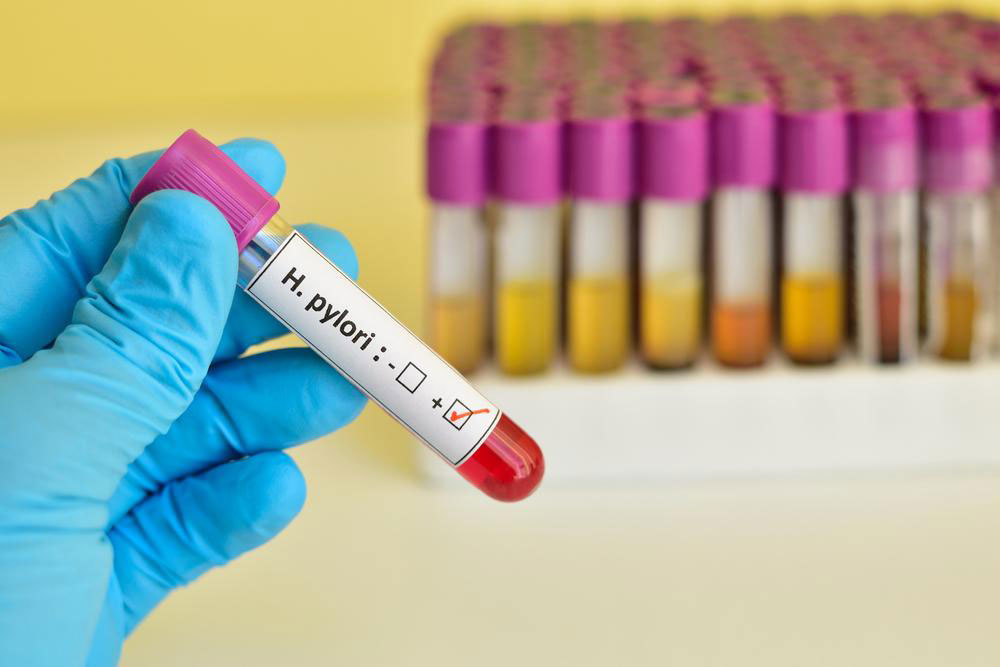Recognizing Symptoms of H. Pylori Infection and Its Health Risks
Learn to identify key symptoms of H. pylori infection, including stomach pain, nausea, and bloating. Understand the potential risks such as ulcers and stomach cancer. Early detection through medical consultation can prevent complications and ensure proper treatment, safeguarding your digestive health.

H. Pylori infection occurs when the Helicobacter pylori bacteria infects the stomach lining, causing inflammation and potential damage to the stomach and duodenum. Often asymptomatic initially, it can lead to ulcers and other complications. Symptoms to watch for include abdominal pain, especially on an empty stomach, loss of appetite, frequent burping, nausea, bloating, and unintended weight loss. Severe symptoms like bloody stools or vomiting blood require immediate medical attention. Additional signs such as heartburn, digestive disturbances, fatigue, hormonal imbalances, mood swings, bad breath, and sinus issues may also indicate infection. If untreated, H. pylori can cause gastritis, stomach ulcers, and even stomach cancer. Early diagnosis and treatment are crucial to prevent serious health issues.










